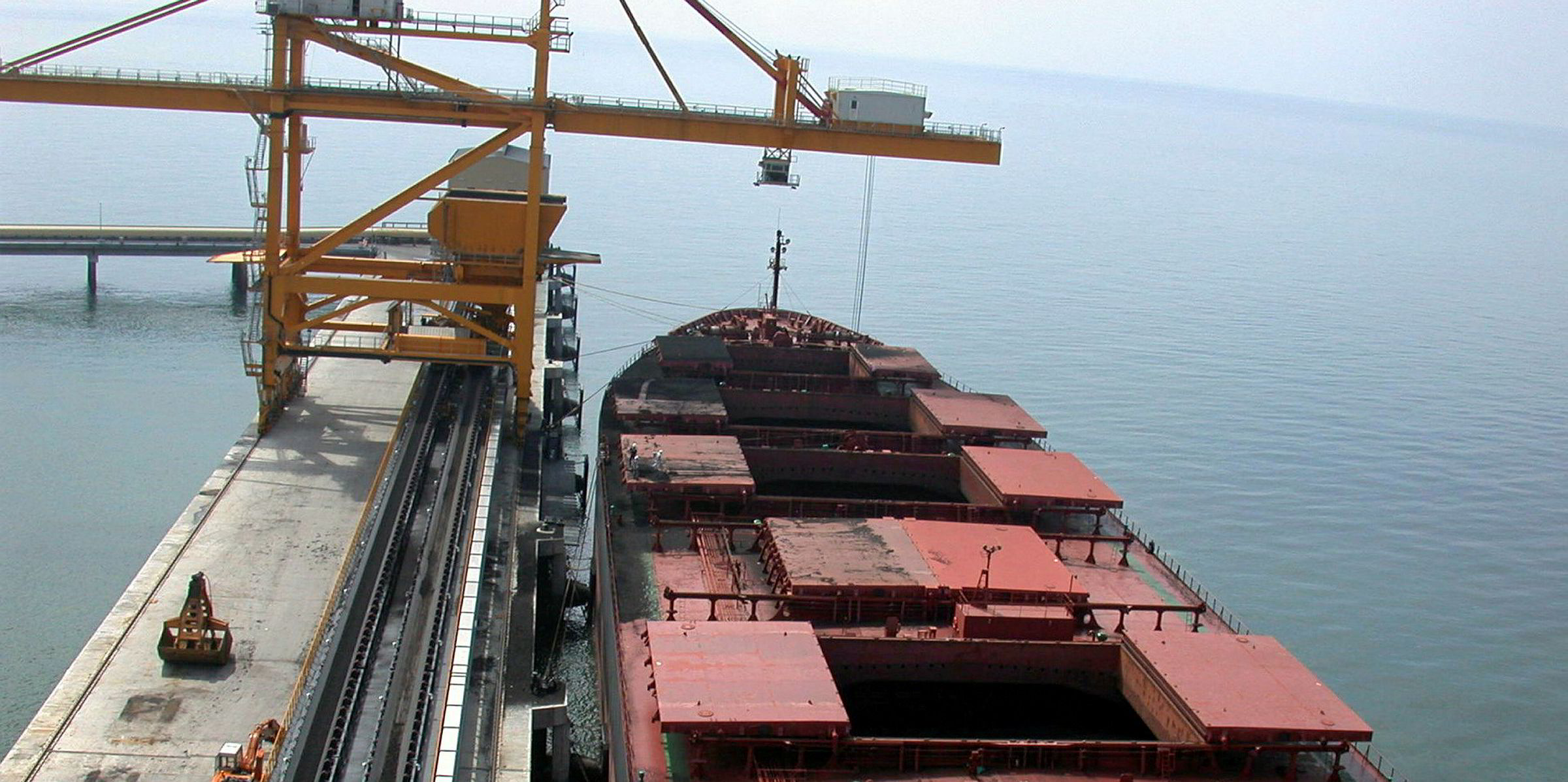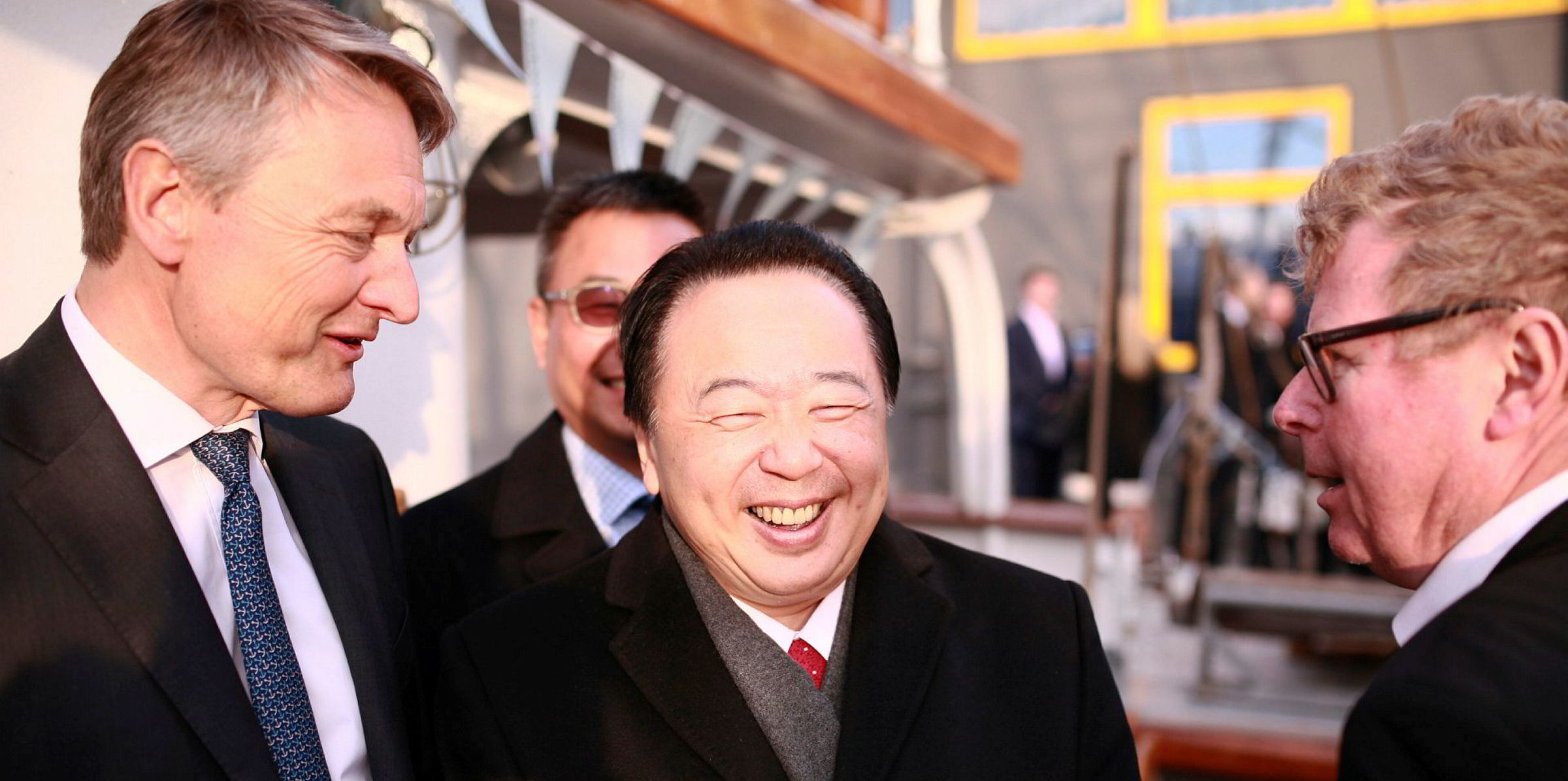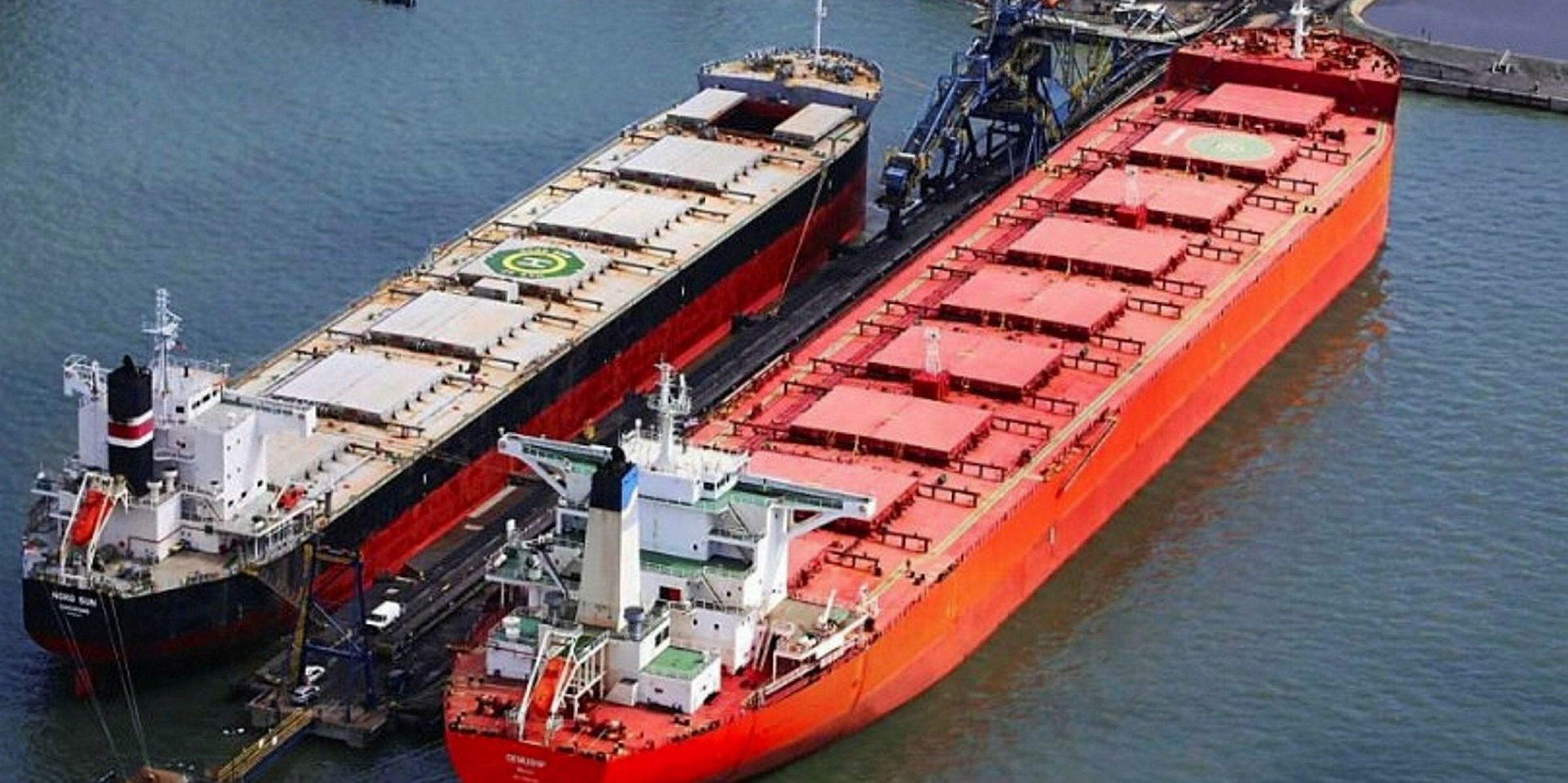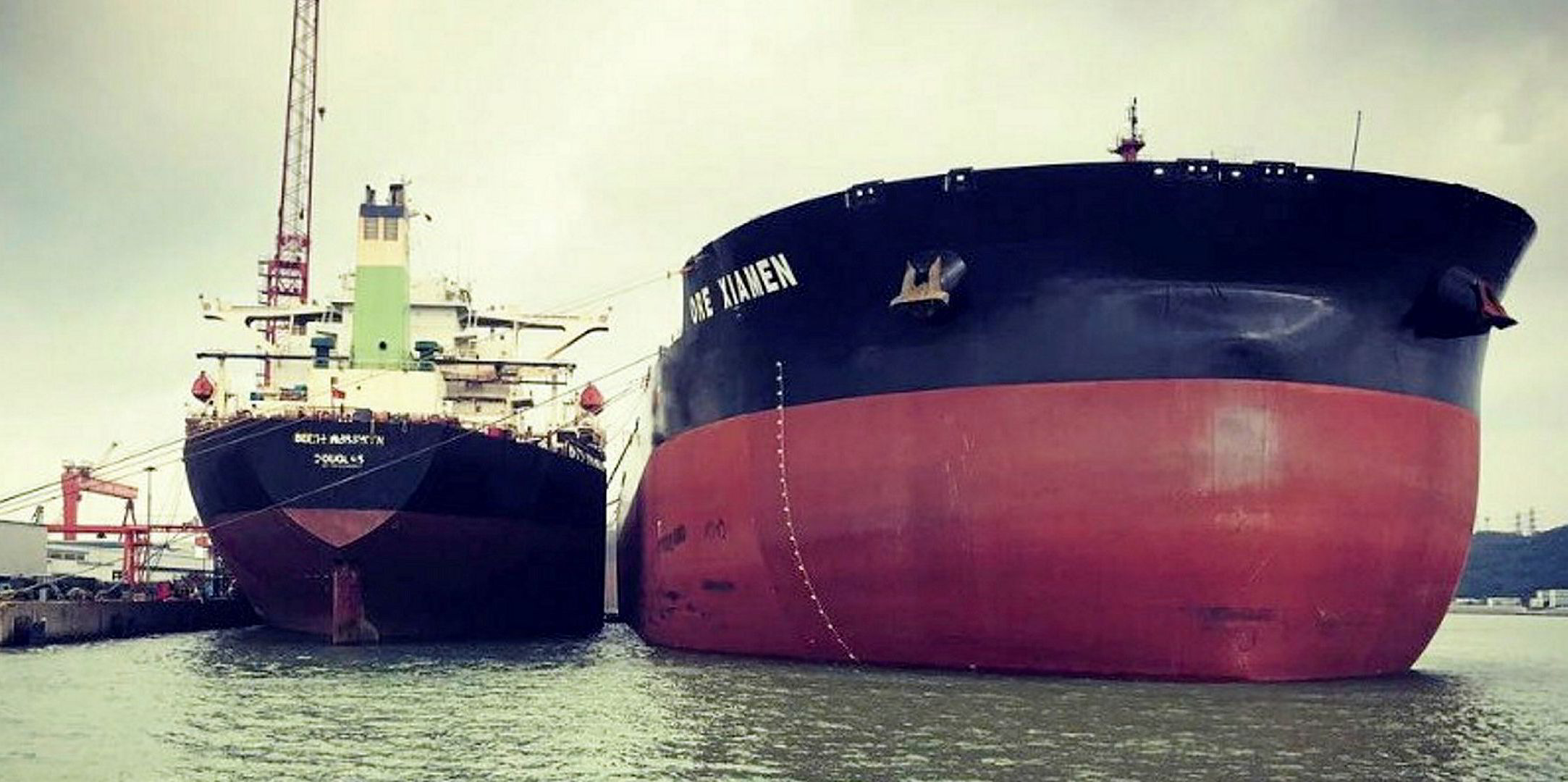Spot rates for capesize bulkers have suffered a second day of significant cuts, but it remains unclear whether the dip signals a bearish trend or is simply a market correction.
Today's drop is not surprising with analysts anticipating some reversals on the physical side after a plunge in futures on Monday.
Cape rates have fallen by 12% since yesterday on the back of slowing chartering activity so far this week, particularly out of Brazil.
A trend or a blip?
"Whether the market has topped out or is taking a breather is debatable," the Baltic Exchange said in a market report on Tuesday.
"Charterers appear to be stepping back to assess levels while owners try not to chase rates lower."
Today, a $3,726 cut was made to the weighted timecharter average for the Baltic Exchange's five capesize routes (5TC).
The 5TC benchmark was today assessed at $28,352 per day, having peaked at a near ten-year high of $32,963 per day on Monday.
Brazil's second biggest iron ore exporter, CSN Mining, has reportedly fixed up to eight capes in the market this week for August dates, but several deals have either failed or are still on subjects, the Baltic said.
A few rumoured CSN fixtures for September have been similarly difficult to confirm, the Baltic reported.
One broker told TradeWinds on Tuesday that there is only "fragile confidence" in the capesize market, given the bearish outlook for rates from 2020 onwards shown in the Baltic's forward freight agreement (FFA) curve.
Paper contracts for the first two quarters of 2020 are trading at around $14,600 per day, and in the $13,000s for 2021 onwards, according to Baltic data.
Rate cuts
The Baltic Capesize Index (BCI) peaked at its highest level since late October 2010 on Monday, when it was assessed at 4,438 points.
Since then, the index has fallen by 14% and was assessed today at 3,808 points, a 507-point fall since Tuesday.
The biggest declines were seen on major iron ore routes, particularly for cargoes from the Atlantic basin.
A massive $2.868 per tonne was wiped off the Tubarao to Qingdao (C3) benchmark, which was assessed today at $23.727 per tonne.
Its rival route, West Australia to Qingdao (C5), was impacted to a lesser extent.
The Aussie benchmark has fallen by $1.164 to $9.545 per tonne since Tuesday.
Trans-Pacific rates were slightly worse affected than those for round voyages across the Atlantic basin, where the market has been supported by an undersupply of vessels in recent weeks.
Rates for round-trips across the Pacific from China/Japan (C10_14) today fell by 13% to $26,125 daily.
Likewise, trans-Atlantic round voyages from Gibraltar/Hamburg (C8_14) fell by 10% today to $29,475 per day.







